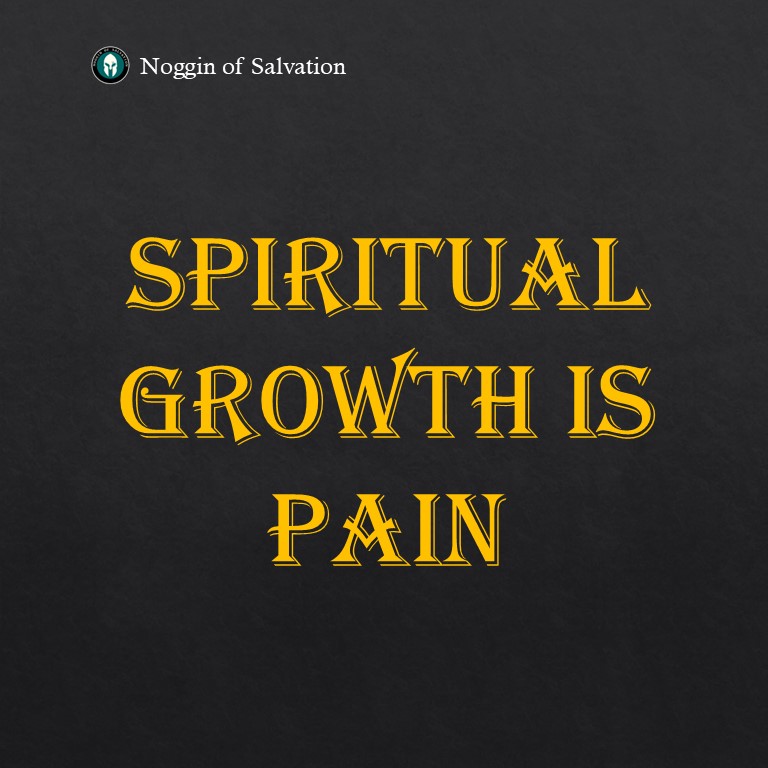Practical Steps Toward Change: A Guide to Transformation
Change is essential for personal growth, emotional well-being, and spiritual development. However, knowing how to initiate and sustain change can be challenging. This article provides a comprehensive guide to practical steps that can help you embrace and navigate change effectively, with insights grounded in both psychological principles and biblical wisdom.
Understanding the Need for Change
Before embarking on a journey of change, it is crucial to recognize and understand why change is necessary. This involves self-reflection and identifying areas in your life that require transformation.
Biblical Perspective
The Bible encourages self-examination and the pursuit of righteousness.
Lamentations 3:40 (NIV): “Let us examine our ways and test them, and let us return to the Lord.”
Self-reflection helps identify the areas that need change and aligns our actions with God’s will.
Practical Steps Toward Change
1. Prayer and Reflection
Spend time in prayer, asking God for guidance and strength to change. Reflect on areas in your life that need transformation. Prayer and reflection help to center your focus and invite God into your journey of change.
Philippians 4:6-7 (NIV): “Do not be anxious about anything, but in every situation, by prayer and petition, with thanksgiving, present your requests to God. And the peace of God, which transcends all understanding, will guard your hearts and your minds in Christ Jesus.”
2. Set Clear and Achievable Goals
Change begins with setting clear, specific, and achievable goals. Define what you want to change and outline the steps necessary to achieve it. Make sure your goals are realistic and measurable.
Proverbs 16:3 (NIV): “Commit to the Lord whatever you do, and he will establish your plans.”
By committing your goals to God, you invite His guidance and support in your journey.
3. Study Scripture
Regularly read and meditate on Bible verses that speak to change and renewal. Let God’s Word guide your transformation. Scripture provides wisdom, encouragement, and direction for your journey.
Romans 12:2 (NIV): “Do not conform to the pattern of this world, but be transformed by the renewing of your mind. Then you will be able to test and approve what God’s will is—his good, pleasing and perfect will.”
4. Create a Plan of Action
Develop a detailed plan that outlines the steps you need to take to achieve your goals. Break down your plan into manageable tasks and set deadlines for each step. This approach helps prevent overwhelm and keeps you focused.
Luke 14:28 (NIV): “Suppose one of you wants to build a tower. Won’t you first sit down and estimate the cost to see if you have enough money to complete it?”
Planning ensures that you are prepared and committed to the process of change.
5. Seek Support
Surround yourself with supportive individuals who can encourage and hold you accountable. This could include friends, family, mentors, or a faith community. Sharing your goals and progress with others increases motivation and accountability.
Hebrews 10:24-25 (NIV): “And let us consider how we may spur one another on toward love and good deeds, not giving up meeting together, as some are in the habit of doing, but encouraging one another—and all the more as you see the Day approaching.”
A supportive community provides strength and encouragement in your journey.
6. Embrace Forgiveness
Forgive yourself for past mistakes and embrace the forgiveness offered by Christ. Let go of guilt and shame to move forward. Embracing forgiveness frees you from the burden of past failures and allows you to focus on positive change.
Ephesians 4:32 (NIV): “Be kind and compassionate to one another, forgiving each other, just as in Christ God forgave you.”
7. Take Action
Identify specific behaviors and habits to change. Set achievable goals and take practical steps toward adopting new ways of being. Consistent action is key to making lasting change.
James 2:17 (NIV): “In the same way, faith by itself, if it is not accompanied by action, is dead.”
8. Develop New Habits
Change often involves replacing old habits with new, healthier ones. Identify the habits that need to change and take small, consistent steps to develop new ones. Practice these new habits regularly until they become part of your routine.
2 Corinthians 5:17 (NIV): “Therefore, if anyone is in Christ, the new creation has come: The old has gone, the new is here!”
9. Embrace a Growth Mindset
Adopt a growth mindset, which involves viewing challenges as opportunities for learning and growth. Embrace failures and setbacks as part of the process and remain persistent in your efforts.
James 1:2-4 (NIV): “Consider it pure joy, my brothers and sisters, whenever you face trials of many kinds, because you know that the testing of your faith produces perseverance. Let perseverance finish its work so that you may be mature and complete, not lacking anything.”
10. Practice Self-Compassion
Be kind and compassionate towards yourself during the process of change. Recognize that change is difficult and that mistakes and setbacks are normal. Treat yourself with the same grace and understanding that God extends to you.
Psalm 103:13-14 (NIV): “As a father has compassion on his children, so the Lord has compassion on those who fear him; for he knows how we are formed, he remembers that we are dust.”
11. Stay Connected to God
Maintain a close relationship with God through prayer, meditation, and studying Scripture. Seek His guidance and strength in your journey of change. Trust in His plans and timing for your life.
John 15:5 (NIV): “I am the vine; you are the branches. If you remain in me and I in you, you will bear much fruit; apart from me you can do nothing.”
12. Celebrate Progress
Acknowledge and celebrate the progress you make, no matter how small. Celebrating milestones boosts motivation and reinforces positive behavior. Take time to reflect on your achievements and thank God for His guidance.
1 Thessalonians 5:18 (NIV): “Give thanks in all circumstances; for this is God’s will for you in Christ Jesus.”
Conclusion
Embracing change is a challenging yet rewarding journey that requires intentional effort, perseverance, and faith. By setting clear goals, creating a plan of action, seeking support, embracing forgiveness, taking action, developing new habits, adopting a growth mindset, practicing self-compassion, staying connected to God, and celebrating progress, you can navigate the process of change effectively. Remember that change is an integral part of the Christian walk, as God continually molds and transforms us to reflect His image and fulfill His purposes. Trust in His guidance and embrace the journey of transformation with confidence and hope.







